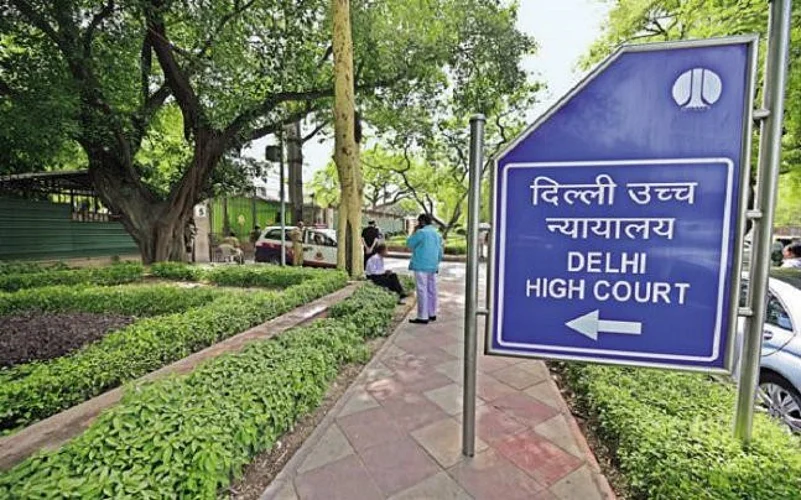The Delhi High Court on Friday convicted 20 people in the Mirchpur dalits killing case where a 60-year-old dalit man and his physically-challenged daughter were burnt alive by Jat community in Haryana’s Hisar district in 2010.
The court also dismissed the appeal of 13 convicts in this case. This case was explained as an example for atrocities against Scheduled Castes as it had led to the eventual displacement of 254 Dalit families from Mirchpur village.
A bench of Justices S Muralidhar and I S Mehta said 71 years after Independence, instances of "atrocities" against Scheduled Castes by those belonging to dominant castes have shown "no sign of abating".
Advertisement
The HC sentenced 12 out of 33 convicts to life imprisonment for the offences, including murder under the IPC and committing mischief by fire or explosive substance by a member of a community other than SC/ST, intending to cause damage property of a member of the Scheduled Caste or Scheduled Tribe community under the SC/ST (Prevention Of Atrocities) Act.
"The incidents that took place in Mirchpur between April 19 and 21, 2010 serve as yet another grim reminder of 'the complete absence of two things in Indian society' as noted by Dr B R Ambedkar when he tabled the final draft of the Constitution of India before the Constituent Assembly on November 25, 1949. One was 'equality' and the other 'fraternity'," the bench said in its 209-page verdict.
Advertisement
The court held that there was deliberate targeting of houses of members of Balmiki community by members of the Jat community and common object in the case was to "teach members of the Balmiki community a lesson and this has been fully achieved by the accused persons."
It said the fine amounts collected from the convicts shall be utilised by the Haryana Government as part of the provision of pecuniary relief and rehabilitation to the victims.
The high court pronounced the verdict on the appeal of 13 persons challenging their conviction and sentence by a trial court in the case.
The victims and the police had also appealed in the high court seeking enhancement of punishment awarded to the convicts and acquittal of others.
The trial court had on September 24, 2011, convicted 15 of 97 men belonging to the Jat community. Two convicted died during pendency of appeals. In October 2012, the 98th accused, who was earlier absconding, was tried and acquitted by the trial court.
The house of Tara Chand was set on fire resulting in burning alive of the father and daughter on April 21, 2010 after a dispute between Jat and Dalit community of the village.
On October 31, 2011, the trial court had sentenced Kulwinder, Dharambir and Ramphal to life imprisonment for committing unintentional killing under Section 304 of the Indian Penal Code. The high court modified the provision and convicted them for the offence of murder under Section 302 IPC.
Advertisement
Five others -- Baljeet, Karamveer, Karampal, Dharambir and Bobal -- were handed down jail term of five years for their offences including rioting, voluntarily causing hurt, mischief and putting ablaze victims' houses and provisions of SC/ST (POA) Act.
Seven others, convicted under milder penal provisions, were released on probation by the trial court, which had earlier acquitted 82 out of 97 accused in the case.
(PTI)




















